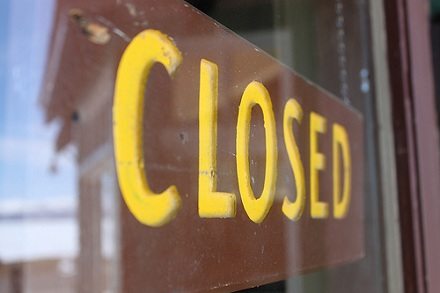
October 18, 2013; The Day
Some stories about nonprofit shutdowns just beg for more information. Take this one from Connecticut. The board of Big Brothers Big Sisters of Southeastern Connecticut, serving 800 children, decided to shut the organization down as of November 1st.
The precipitating factor, according to the press, seems to be the termination of support from the United Way of Southeastern Connecticut. As of the last fiscal year, the United Way had given Big Brothers Big Sisters $114,215 for the fiscal year, roughly 30 percent of the organization’s budget.
Sign up for our free newsletters
Subscribe to NPQ's newsletters to have our top stories delivered directly to your inbox.
By signing up, you agree to our privacy policy and terms of use, and to receive messages from NPQ and our partners.
United Ways make funding decisions all the time, and there are numerous reports of organizations being hit with a defunding announcement due to a United Way’s changing program priorities. In this case, it seems to have been a little different.
The President and CEO of the United Way, Virginia Mason, said that it had been working with Big Brothers Big Sisters about “real concerns” over its financial management. The board chair, a Connecticut state legislator named Kevin Ryan, said that the organization was financially sound, but a vice president of the United Way, Dina Sears-Graves, said a volunteer review panel of people with financial backgrounds had raised concerns with the Big Brothers Big Sisters audits, though she would not disclose what those concerns might have been. Ryan, however, thought all of the United Way’s concerns had been dealt with and described himself as “bewildered” by the funding termination.
In addition, the bewildered Ryan said that the United Way had never provided assistance to Big Brothers Big Sisters with these issues, in contrast to the contentions of Sears-Graves and United Way board chairman Keith Fontaine, who implied that assistance had been provided.
Notwithstanding the differing perceptions of United Way assistance, two issues come to mind from this story from The Day. One is that Big Brothers Big Sisters is part of a national network of 340 agencies. The article cites Deanna Sauceda, the director of media relations and community engagement for Big Brothers Big Sisters of America, as indicating that national only recently learned that the Southeastern Connecticut affiliate was closing. While the Big Brothers Big Sisters agencies are nominally independent and responsible for their own fundraising, one wonders how long this affiliate’s financial problems had been an issue, and what the role of the national network might have been or should have been to help the agency past the problems.
The other issue is the nature of the problems themselves. No one cited in The Day’s coverage explains exactly what the financial concerns, persisting for some years apparently, might have been. For the public’s understanding of how nonprofits operate, it might be a good practice, not just for the press, but for nonprofits and funders, to discuss more openly the challenges nonprofits face, how they are trying to overcome them, and what strategies and tactics work—or don’t.—Rick Cohen













